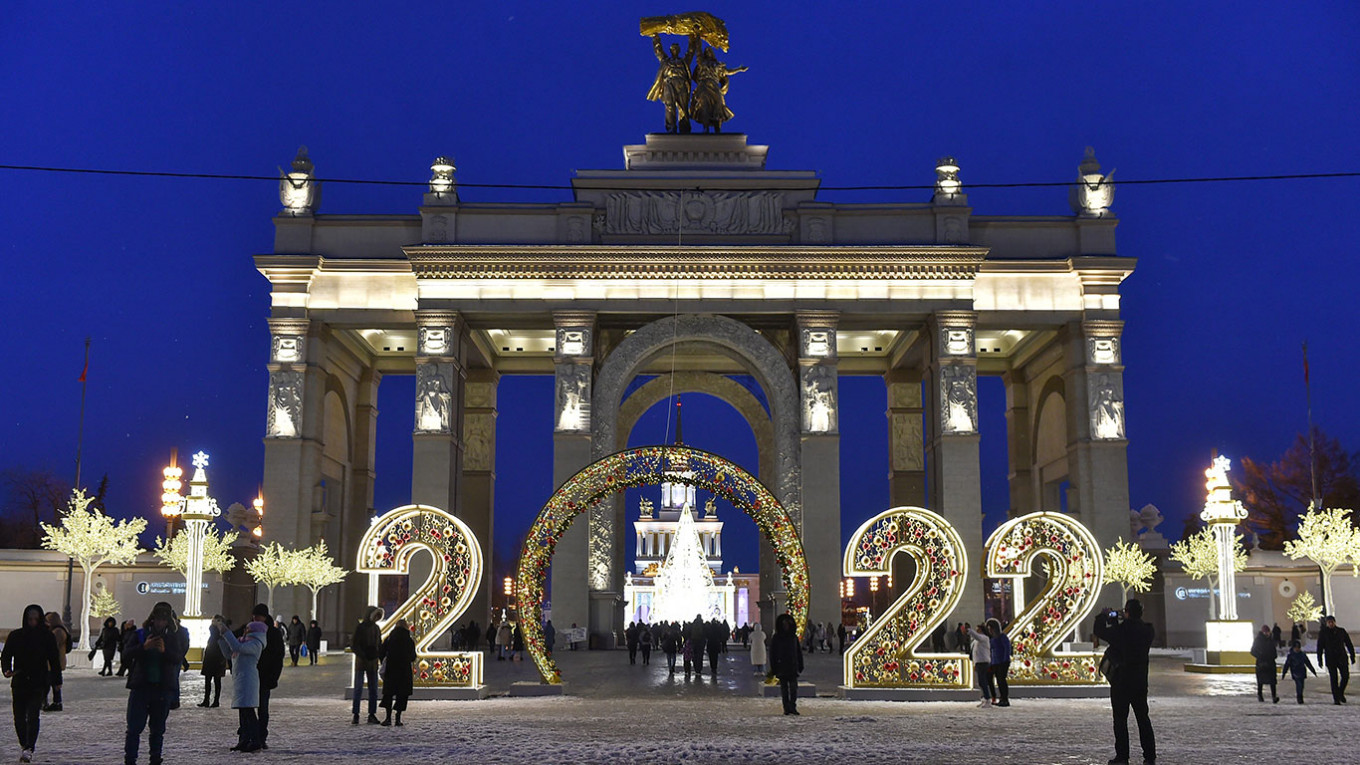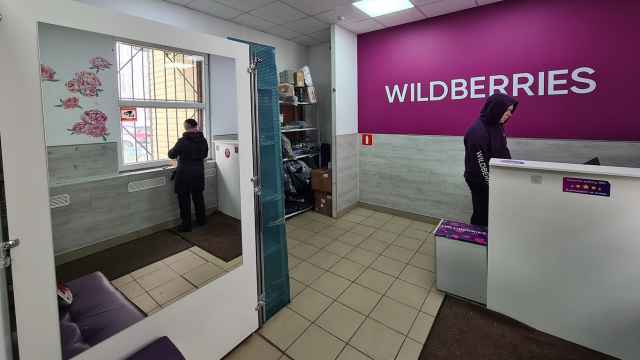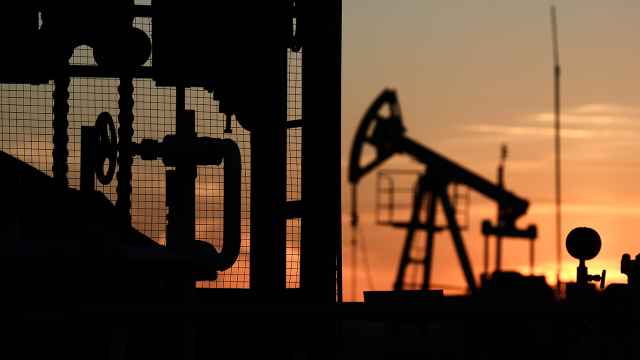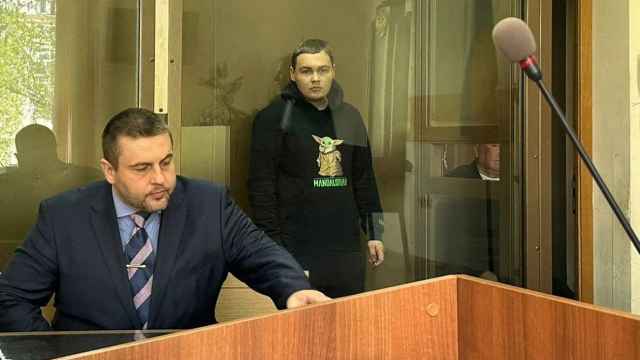On the surface, post-Soviet Russia’s 30th anniversary year has brought precious little to celebrate.
A brutal crackdown on political opposition, independent media and civil society, one of the world’s highest pandemic excess death tolls and a stuttering, inflation-wracked economy mean 2021 has been a difficult year for many Russians.
Even so, say some experts, present difficulties shouldn’t detract from the very real improvements the country has seen since the end of the Soviet Union.
“Despite everything, things are better now than 30 years ago in many ways,” said Maria Lipman, a political analyst.
“People are generally better off, and life is more comfortable, at least in the big cities.”
Ahead of independent Russia’s 30th birthday on Dec. 25, The Moscow Times spoke to longtime observers of the country’s politics and society about the achievements and disappointments of the last three decades. They painted a picture of a society wracked by contrast, where genuine progress coexists with painful failure.
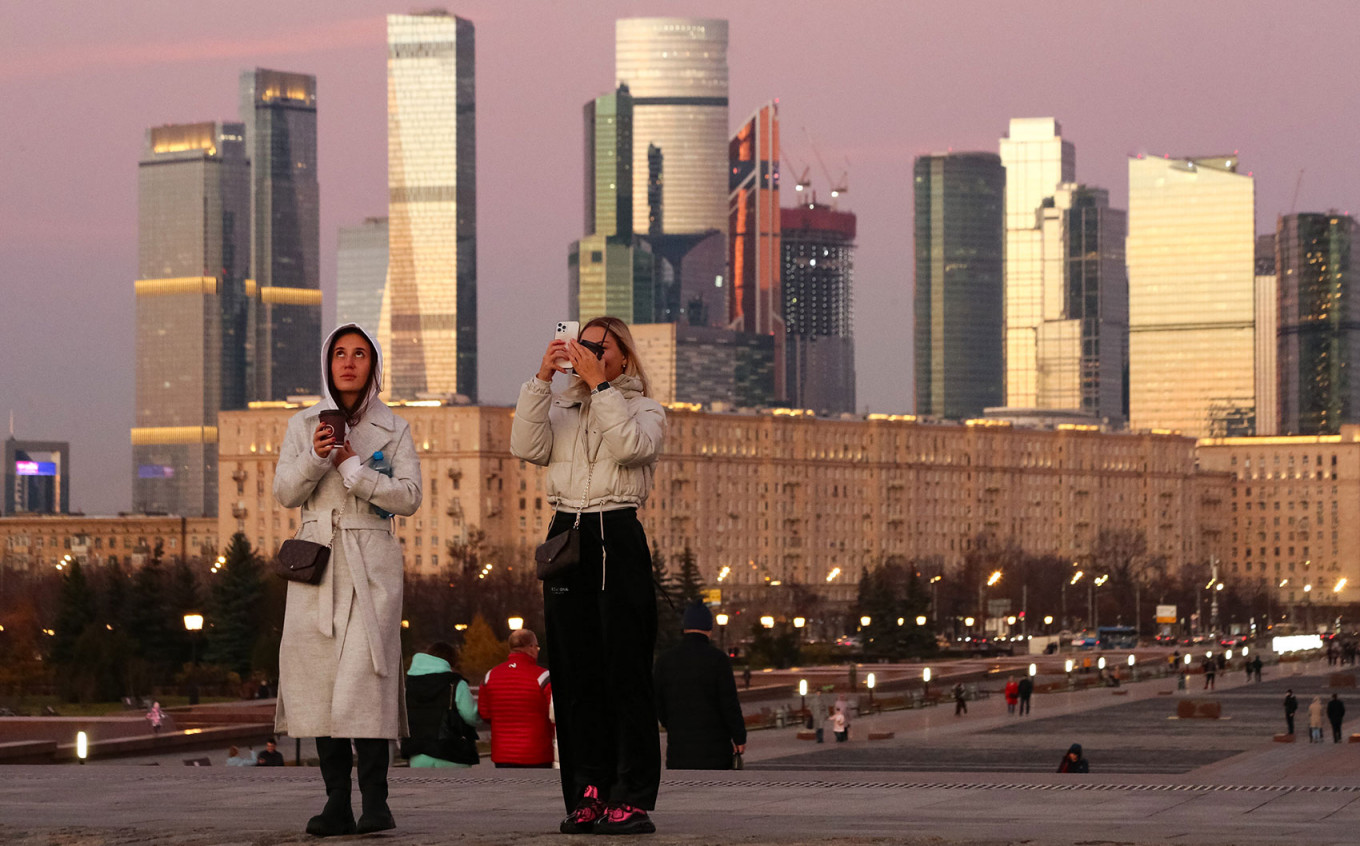
Shopping malls and coffee shops
Few in Russia would dispute that the last 30 years have yielded achievements.
Despite polling showing that a consistent majority of Russians regret the collapse of the Soviet Union, Russia is now far more prosperous than the U.S.S.R. ever was, even if wealth remains wildly uneven in distribution.
Though Russia’s economy has been largely stagnant since the 2014 annexation of Crimea and imposition of Western sanctions, Russians now have access to consumer goods and services unheard of in the Soviet Union, when basic products were often lacking.
The country’s major cities all have enormous, busy shopping malls, while coffee shops, hipster barber chains and delicatessens have sprung up on every corner, a far cry from the queues and empty shelves of the 1990s.
Economic improvements have also seen other measures of social wellbeing tick up.
Russians’ average alcohol consumption — though still high by world standards — has decreased substantially over the last decade after surging to unseen heights during the desperate period just after the Soviet collapse, according to a study by state-run news agency RIA Novosti.
Inequality, both social and regional, remains a problem, however.
“When we talk about the economic recovery, we have to remember this is still mostly a Moscow and St. Petersburg phenomenon,” said Natalia Zubarevich, a geography professor at Moscow State University who studies regional development.
“Outside the two capitals, salaries remain extremely low. Even if life is better than it was a few decades ago, there’s not much development to speak of.”
It’s a dynamic that can often lead to eye-watering contrasts in wealth between regions. While Moscow, Russia’s capital and economic engine, boasts an average monthly salary roughly comparable to Greece, wages in the neighboring Kaluga region — by no means Russia’s poorest — are in line with those of Bolivia.
The consequence has been an exodus of people, especially the young, from the provinces into Russia’s two capitals.
According to a RIA Novosti study published before the pandemic, almost every region in European Russia, Siberia and the Far East has registered negative population growth for much of the last three decades, as the young and ambitious trade their hometown ties for booming Moscow and St. Petersburg.
“It’s hard to generalize about Russia,” said Zubarevich. “In economic terms, it’s a story of several countries, not just one.”
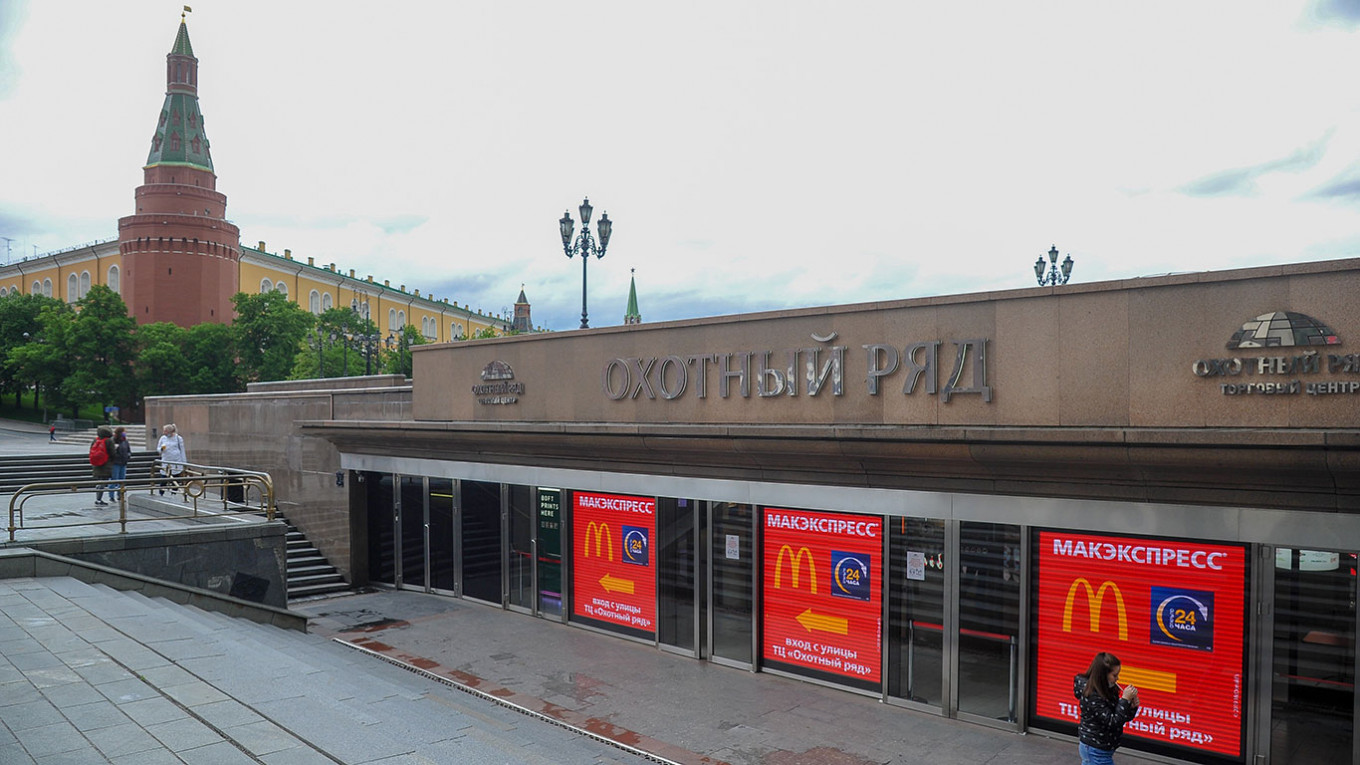
Corruption on the downturn
One bright spot in the last few decades has been the fight against corruption.
Though Russia continues to perform poorly on international indicators of corruption, and the government — tarnished by the anti-corruption exposes produced by jailed opposition figure Alexei Navalny — is widely seen as self-seeking, experts say that graft in Russia does appear to be on the downturn.
“It’s hard to determine the exact level of petty corruption that people encounter in everyday life,” said Grigory Mashanov, a lawyer at Transparency International, an international anti-corruption organization.
“But most indicators suggest that it is probably decreasing.”
A 2017 poll by the independent Levada Center pollster showed a steady, if slow, decline in the number of Russians who reported themselves, their friends or relatives paying bribes in the last three years.
For Mashanov, the apparent decrease in everyday bribe-taking by officials is the by-product of a string of separate reforms that have made it more difficult for corrupt government workers to extract bribes.
Fewer traffic police checkpoints has led to less extortion of motorists, a driving hazard Russia was once famous for. Likewise, the standardized national university admission exam introduced in 2009 undermined a previously lucrative market for college places.
Arguably most important was the introduction of the GosUslugi e-government system in 2009. Allowing citizens to pay taxes, collect benefits and submit documents through a personalized online portal means that clerks are no longer able to extort money in return for cooperation.
“It’s not that officials are becoming less corrupt as such,” said Mashanov. “It’s just that they have fewer opportunities for corruption these days.”
When it comes to crime more generally, the picture is mixed.
Though official crime rates have fallen substantially in Russia — as in the rest of the developed world — since the so-called “Wild Nineties,” when the country became infamous for widespread banditry and the collapse of law and order, state statistics may not tell the whole story.
An October investigation by the independent Novaya Gazeta newspaper indicated that regional governments have been systemically understating their murder and suicide rates, leading to an unprecedented boom in “unexplained deaths”.
For Vladimir Kudryavtsev, a criminologist at St. Petersburg’s European University, the decline in Russia’s registered crime numbers — from almost 1.4 million in 2006, to less than 900,000 in 2019 — is most likely real, but more a positive result of unhappy circumstances than a tribute to Russian law enforcement.
“We have an aging population with relatively few young people, and therefore relatively few potential criminals,” he said. “We also have a deeply unequal society with a very small middle class, and therefore relatively few potential victims.”
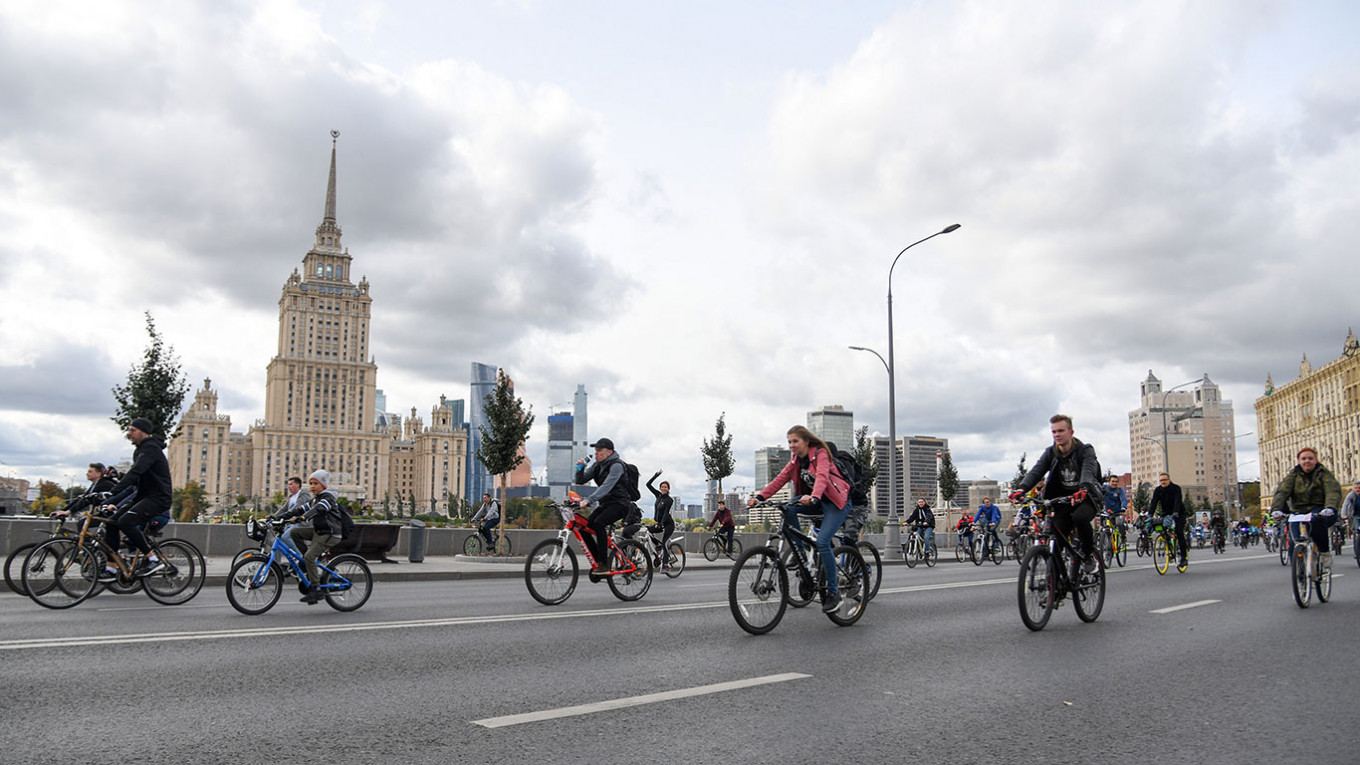
Parks and playgrounds
For some observers, one of the most positive trends in Russia in recent years has been the massive program of urban improvement in the country’s largest cities over the last decade.
Centered in Moscow and presided over by the capital’s mayor Sergei Sobyanin, the refurbishments have been crowned by set-piece projects like Zaryadye Park behind Red Square and the GES-2 arts center in a former power station on the Moscow river.
Throughout Moscow — which has a budget far in excess of any other Russian region — potholed Soviet-era streets have been replaced with new paving stones, parks and playgrounds.
Meanwhile, the capital’s showcase Metro underground system is expanding, with ten new stations opened in one day in December.
Partly as a result of the development frenzy, a 2018 report from U.S. consultancy firm BCG singled out Moscow as one of the world’s safest, most convenient and most attractive megacities.
Though widely dismissed among opposition-leaning Russians as window dressing aimed at buying off widespread anti-Kremlin sentiment in the capital, experts warn against dismissing the impact of such projects on the capital’s quality of life.
“Undeniably, Moscow is a much better place to live now than it was in the past,” said analyst Lipman.
“But this remains the exception. Moscow is just another planet from the rest of the country.”
For many of Russia’s beleaguered liberals, the shiny new Moscow is bittersweet alongside the country’s deepening slide into authoritarianism and economic stagnation.
“Given everything that’s happening in the country, we probably shouldn’t allow what Sobyanin is doing in Moscow to distract us from all the bad news,” said Lipman.
“It is still nice though, of course.”
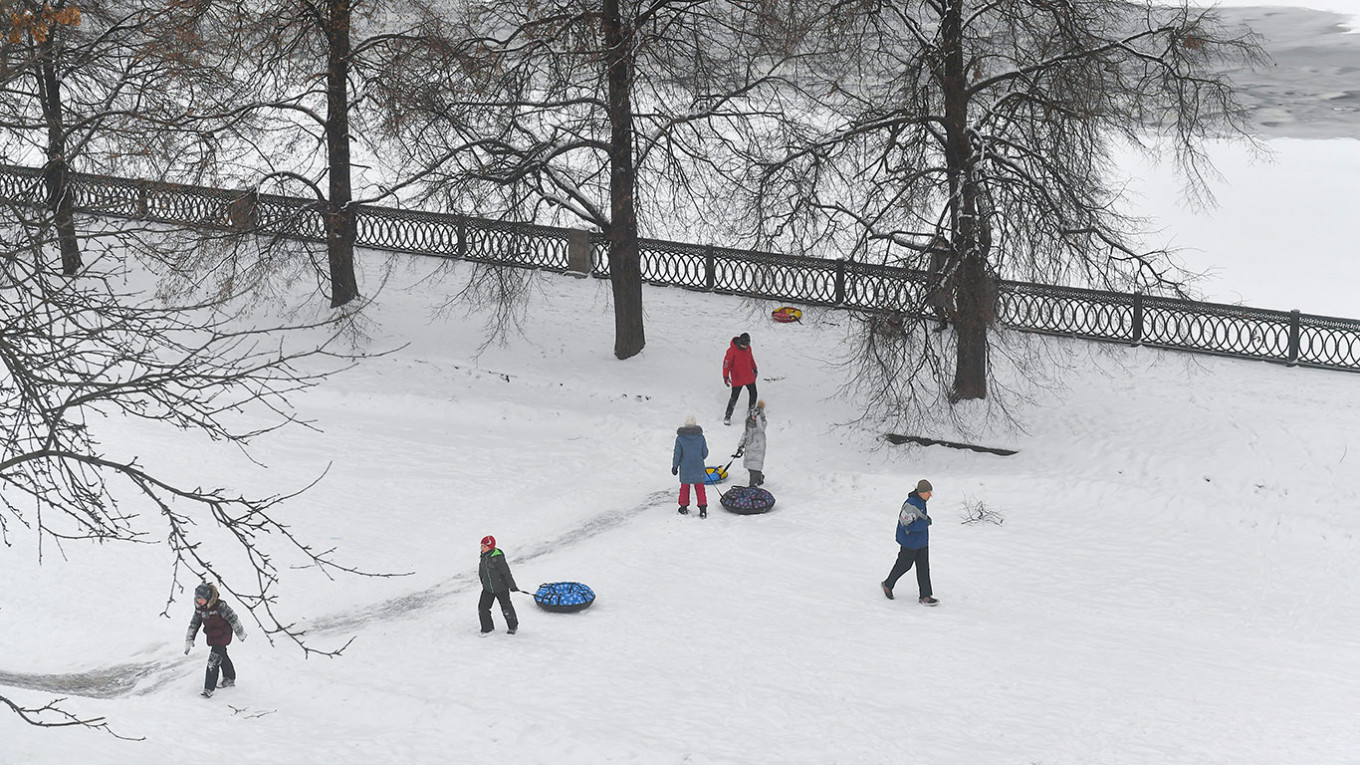
A Message from The Moscow Times:
Dear readers,
We are facing unprecedented challenges. Russia's Prosecutor General's Office has designated The Moscow Times as an "undesirable" organization, criminalizing our work and putting our staff at risk of prosecution. This follows our earlier unjust labeling as a "foreign agent."
These actions are direct attempts to silence independent journalism in Russia. The authorities claim our work "discredits the decisions of the Russian leadership." We see things differently: we strive to provide accurate, unbiased reporting on Russia.
We, the journalists of The Moscow Times, refuse to be silenced. But to continue our work, we need your help.
Your support, no matter how small, makes a world of difference. If you can, please support us monthly starting from just $2. It's quick to set up, and every contribution makes a significant impact.
By supporting The Moscow Times, you're defending open, independent journalism in the face of repression. Thank you for standing with us.
Remind me later.



